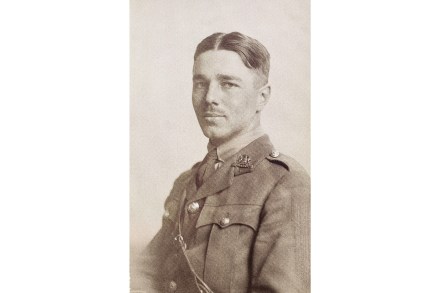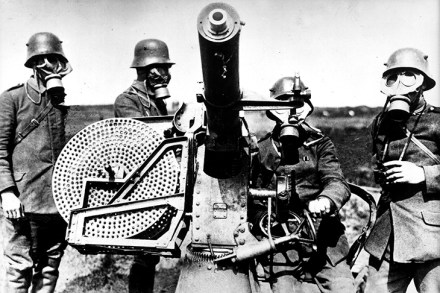The making of a poet: Wilfred Owen’s ‘autobiography’ in letters
Here is the opening of a sonnet written by Wilfred Owen in the spring of 1911: ‘Three colours have I known the Deep to wear;/ ’Tis well today that Purple grandeurs gloom.’ Owen was 18 and had just been on a pilgrimage to Teignmouth in Devon, where his hero John Keats had once stayed. The kindest thing to say about this poem is that it is heavy with the influence of Keats. Six years later, in a seaside hotel requisitioned by the army and waiting to be sent back to the Western Front, he begins a poem like this: ‘Sit on the bed. I’m blind, and three parts shell.’ This


